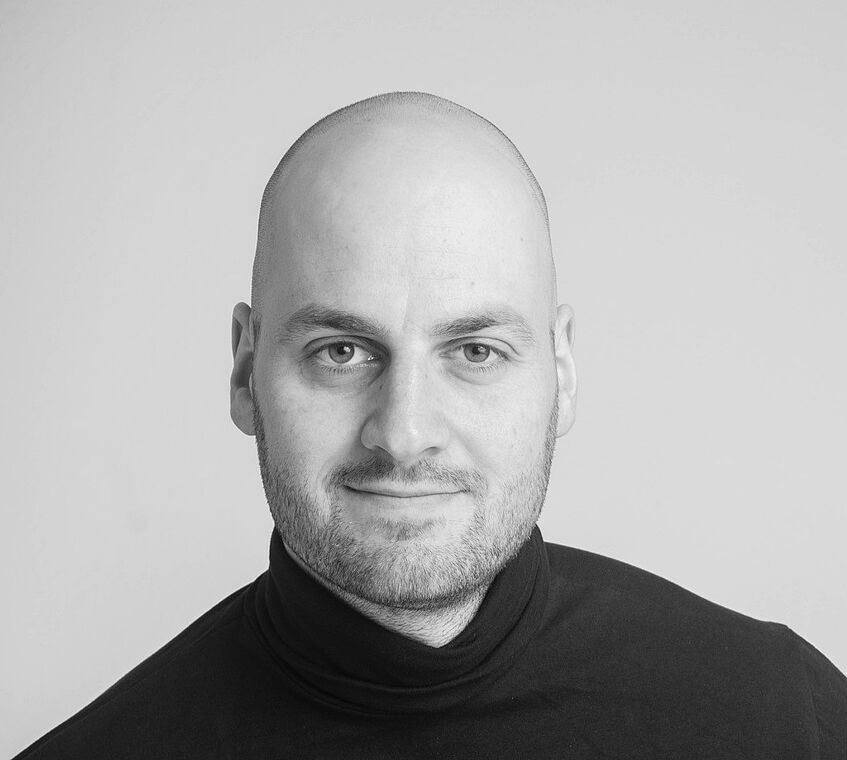
© Christoph Wenz
Christoph Wenz
Student of Sociology of Economics and Education Science at Goethe University Frankfurt. Working in the field of political education and anti-discrimination
Christoph Wenz, born 1988, studies Sociology of Economics and Education Sciences, research fields: Anti-Semitism in the Context of Economic Critique, Memorial Pedagogy about National Socialism and the Holocaust. He conceptualized and organized several workshops in the field of Political Education dealing with discrimination, antisemitism and the development of strategies against violence and right-wing rhetoric.
E-Mail: christophwenz@gmx.net
Abstract
Strategies Against Discrimination. Political Education as a Keystone for Building Resilience to Authoritarian and Populist Tendencies (together with Hannah Hecker)
As an explanation for the rise of authoritarian tendencies, especially in Eastern Europe, quite often a lack of democratic spirit and sensivity are held responsible.
For our work in the field of political education, we have reformulated and expanded Hufer’s conception of "Argumentationstraining gegen Stammtischparolen"/"Argumentative training against barroom slogans" by drawing on a discourse-orientated approach. In this sense, discriminatory slogans and actions are also part of a discourse, that is, what Jürgen Link calls an "instutionally consolidated manner of speaking". A "field of speakability" is therefore the expression of both norming and normalizing processes which form and structure the reality of hegemonic modes of thinking, acting and perceiving.
Our thesis is that the starting point of discussing the success of right-wing rhetoric is to critically deal with an increasing degree of arbitrariness by which the political positions uttered in current public discourses seem to be characterised. The basis of a democratic discourse – the consensus to protect human rights, equality and human dignity – is then delegitimized as antidemocratic, as a threat to the freedom of speech.
The goal of our workshops is to enable the participants to actively oppose right-wing rhetorics – and not just to respond to the arbitrariness of right-wing positions in discussions. We will also discuss how these experiences can be used in the context of a broader strategy of dealing with the rise of right-wing movements and of strengthening democratic processes.
Programme: Panel 10, Friday, 7 September 2018, 13:00-14:30